Identify positive and negative coping skills with this real-life scenarios worksheet.
What Are Positive and Negative Coping Skills?
Jayden’s little brother was annoying him. He took five deep breaths to calm down.
Kevin knocked Liam accidentally as they walked past each other. Liam turned around and pushed Kevin to the ground.
These two scenarios are real-life examples of the challenges our students face in their everyday lives. These challenges can be relatively small (such as being annoyed by your little brother), or they can be more significant (such as an argument with a friend or sibling).
Thankfully, there are strategies we can teach our students to help them manage and overcome these daily challenges. These strategies are called ‘coping skills’.
When our students choose to respond in a positive way to these challenges, they are using what are known as ‘positive coping skills’ or ‘healthy coping skills’. In the above example, Jayden is using a positive coping skill when he takes five deep breaths to calm himself down.
But there are two sides to every coin! Sometimes, our students may be tempted to respond to challenges in a negative way by applying less-than-ideal strategies known as ‘negative coping skills’ or ‘unhealthy coping skills’. In the above example, Liam is using a negative coping skill when he uses physical violence against another student.
As we navigate life’s twists and turns, it is of benefit to both ourselves and those around us if we learn to apply positive coping skills to challenging situations.
Identify Positive and Negative Coping Skills in Real-Life Scenarios
This positive and negative coping skills worksheet has been designed by a team of dedicated educators to assist you in applying your social-emotional learning curriculum. It requires students to read each of the ten scenarios, then decide whether a positive or negative coping skill has been used. For example:
Lachlan was stressed about his upcoming English test. He closed his eyes and thought about his happy place to calm down.
Various Applications for This Positive and Negative Coping Skills Worksheet
The application of this resource can be used in a variety of ways in order to support the learning needs of students in your class. Why not try these suggestions:
Whole-Class Discussion
Display the worksheet on your interactive whiteboard. Discuss each scenario as a class, then vote on whether a positive or negative coping skill has been used.
Group Activity
Have the students work together in small groups to complete the activity. Encourage the students to discuss each scenario, then make a collective decision about whether a positive or negative coping skill has been used.
Individual Work
Provide a copy of the worksheet to each student and have them complete the task independently. Once everyone has finished, discuss the responses as a class.
Easily Download & Print
Use the dropdown icon on the Download button to choose between the PDF or Google Slides version of this resource.
Because this resource includes an answer sheet, we recommend you print one copy of the entire file. Then, make photocopies of page 1 of the worksheet for students to complete.
Don’t stop there! We’ve got more activities to shorten your lesson planning time:
| [resource:4820753] [resource:4807433] [resource:4802801] |
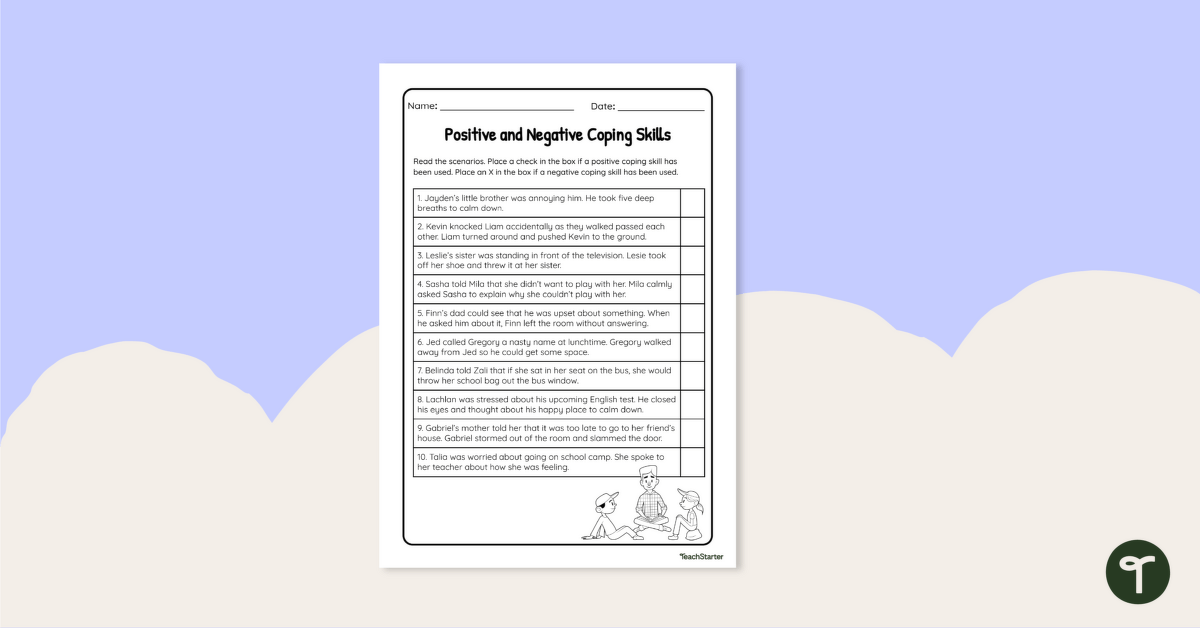

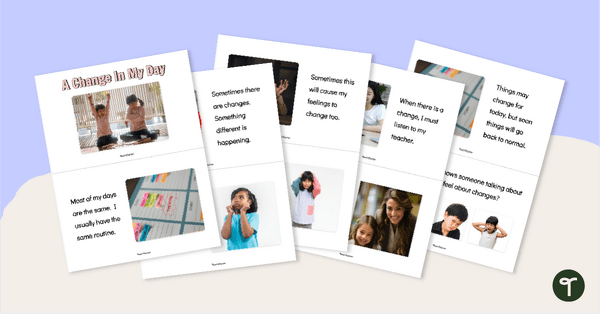
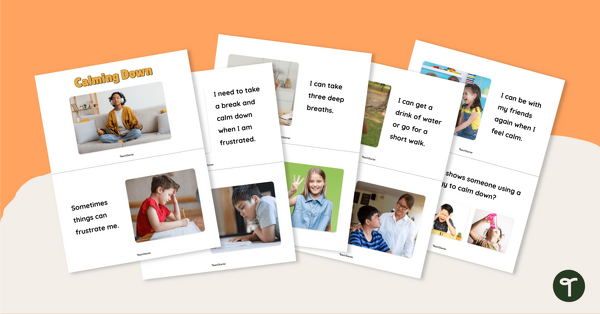
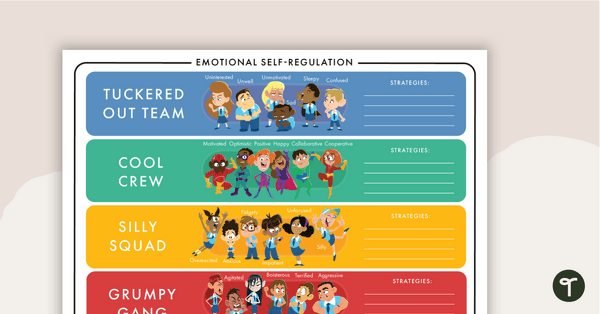
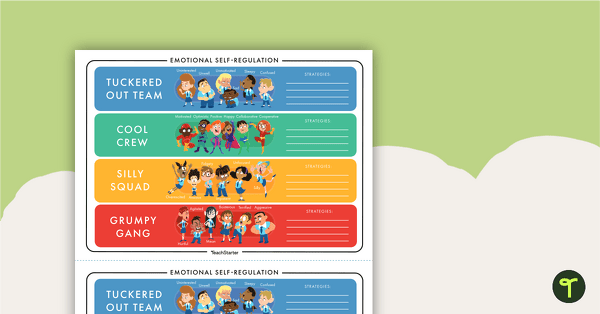
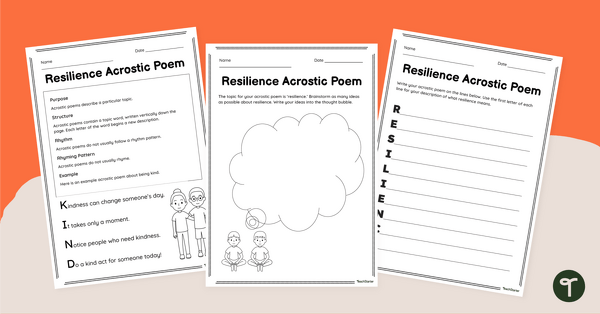
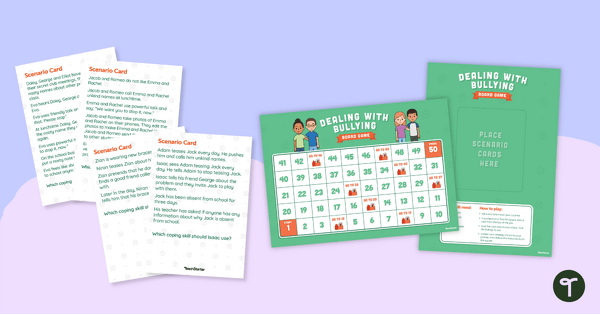
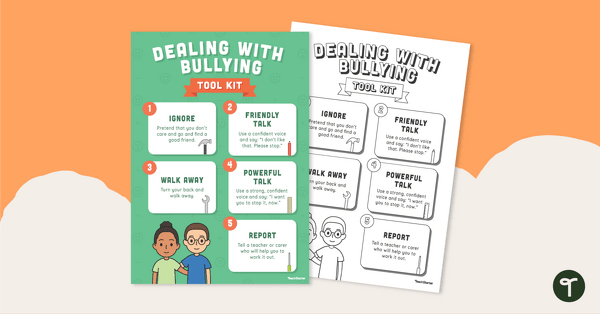
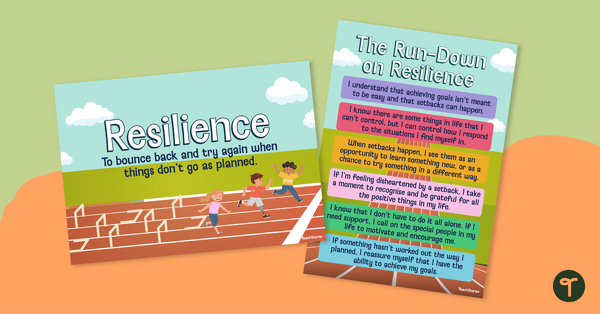
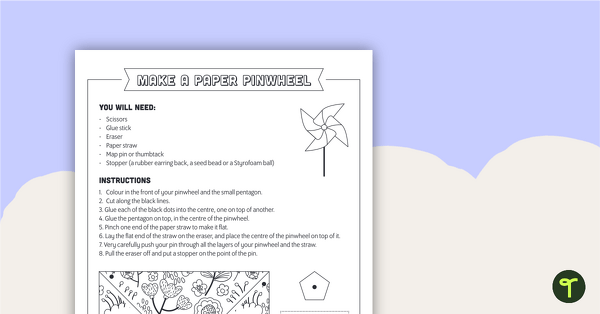
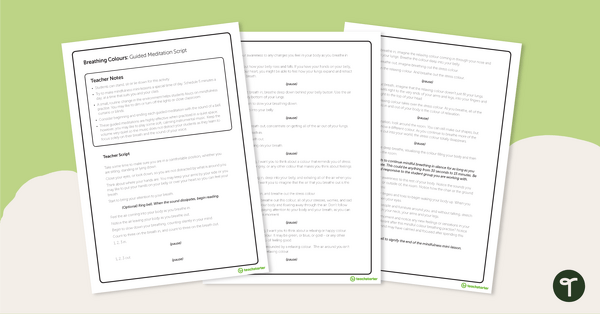
0 Comments
Write a review to help other teachers and parents like yourself. If you'd like to request a change to this resource, or report an error, select the corresponding tab above.